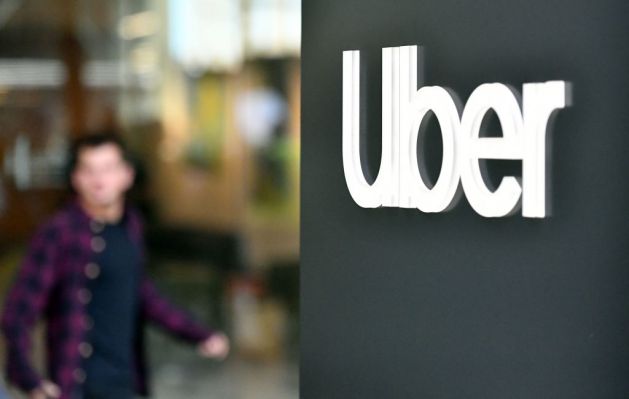Products You May Like
Uber has lost another legal challenge in Europe over the employment status of drivers: The Court of Amsterdam, in the Netherlands, has ruled that drivers for Uber are employed, rather than self-employed contractors.
The court also found drivers are covered by an existing collective labor agreement in the country — which pertains to taxi drivers — meaning Uber faces increased costs to comply with the agreement which sets pay requirements and covers benefits like sick pay. (And it may be liable for paying driver back pay in some cases.)
The court also ordered Uber to pay €50,000 in costs.
The ride-hailing giant has some 4,000 drivers working on its platform in the Dutch capital.
The Amsterdam court rejected Uber’s customary defence that it’s just a technology platform that connects passengers with taxi service providers — finding instead that drivers are only self-employed “on paper”.
The judges highlighted the nature of the service being provided by drivers and the fact Uber exerts controls over how they can work and earn through its app and algorithms.
Europe’s top court already ruled back in 2017 that Uber is a transport provider and must comply with local transport laws — so you’d be forgiven for déjà vu.
The Dutch lawsuit was filed by the national trade union center, FNV, last year — with the hearing kicking off at the end of June.
In a statement today, the FNV’s VP, Zakaria Boufangacha, said: “This statement shows what we have been saying for years: Uber is an employer and the drivers are employees, so Uber must adhere to the collective labor agreement for Taxi Transport. It is also a signal to The Hague that these types of constructions are illegal and that the law must therefore be enforced.”
Uber has been contacted for a response to the ruling. At the time of writing the company had not responded — but, per Reuters, Uber said it intends to appeal and “has no plans to employ drivers in the Netherlands”.
Update: Uber confirmed it is appealing, with a spokesperson saying: “Nothing will change for drivers who use the app, as we appeal this ruling.”
Maurits Schönfeld, Uber’s general manager for Northern Europe, added: “We are disappointed with this decision because we know that the overwhelming majority of drivers wish to remain independent. Drivers don’t want to give up their freedom to choose if, when and where to work. In the interest of drivers, we will therefore appeal the court’s decision, whilst also continuing to improve platform work in the Netherlands.”
In the U.K., Uber lost a string of tribunal rulings over its employment classification over a number of years — going on to lose in front of the U.K. supreme court this February.
Following that Uber said it would treat drivers in the U.K. as workers, although disputes remain (such as over its definition of working time). In May, Uber also said it would recognize a U.K. trade union for the first time.
Elsewhere in Europe, however, the company continues to fight employment lawsuits — and to lobby European Union lawmakers to deregulate platform work…
The EU has said it wants to find a way to improve platform work. However it’s not yet clear what any pan-EU “reform” may look like.
The Commission has been contacted with questions on its platform work initiative.
“Digital labour platforms are clearly worried, evident through investing heavily on their lobbying power and throwing more resources on the EU level. These companies — including Uber of course — have also recently come together to create a new funding lobby group that is specifically targeting to influence policies on platform work,” said Jill Toh, a PhD researcher in data rights at the University of Amsterdam, talking to TechCrunch after the Amsterdam ruling.
“We saw how Uber wielded and amended laws in their Prop 22 campaign in California, and together with other companies in Europe, they’re attempting to do so again. It’s disheartening to see that the Commission in its two consultations on platform worker regulation has only been talking to tech companies and has held no meetings with trade unions or other platform work representatives.”
“All of this is incredibly problematic and concerning especially if the EC consultations result in a directive on platform work. Overall, the wins in the courts are important for workers, but there remains the issue of corporate power and influence in Brussels, as well as the lack of public enforcement to these court decisions,” she added.
Update: A Commission spokeswoman told us its second-stage consultation on how to improve the working conditions for people working through digital labour platforms is still ongoing (until 15 September).
“Depending on the outcome of this consultation, the Commission intends to put forward a proposal by the end of this year,” she added.
“The aim of the second-stage consultation is to gather social partners’ views on how to ensure that people working through platforms have decent working conditions, while supporting the sustainable growth of digital labour platforms in the EU. In this context, social partners are also consulted on the possible content of the EU-level initiative, in areas such as (but not only) facilitating employment status classification and access to labour and social protection rights.”
The spokeswoman added that the Commission is closely following developments in Member States and taking into account in its analytical work.
